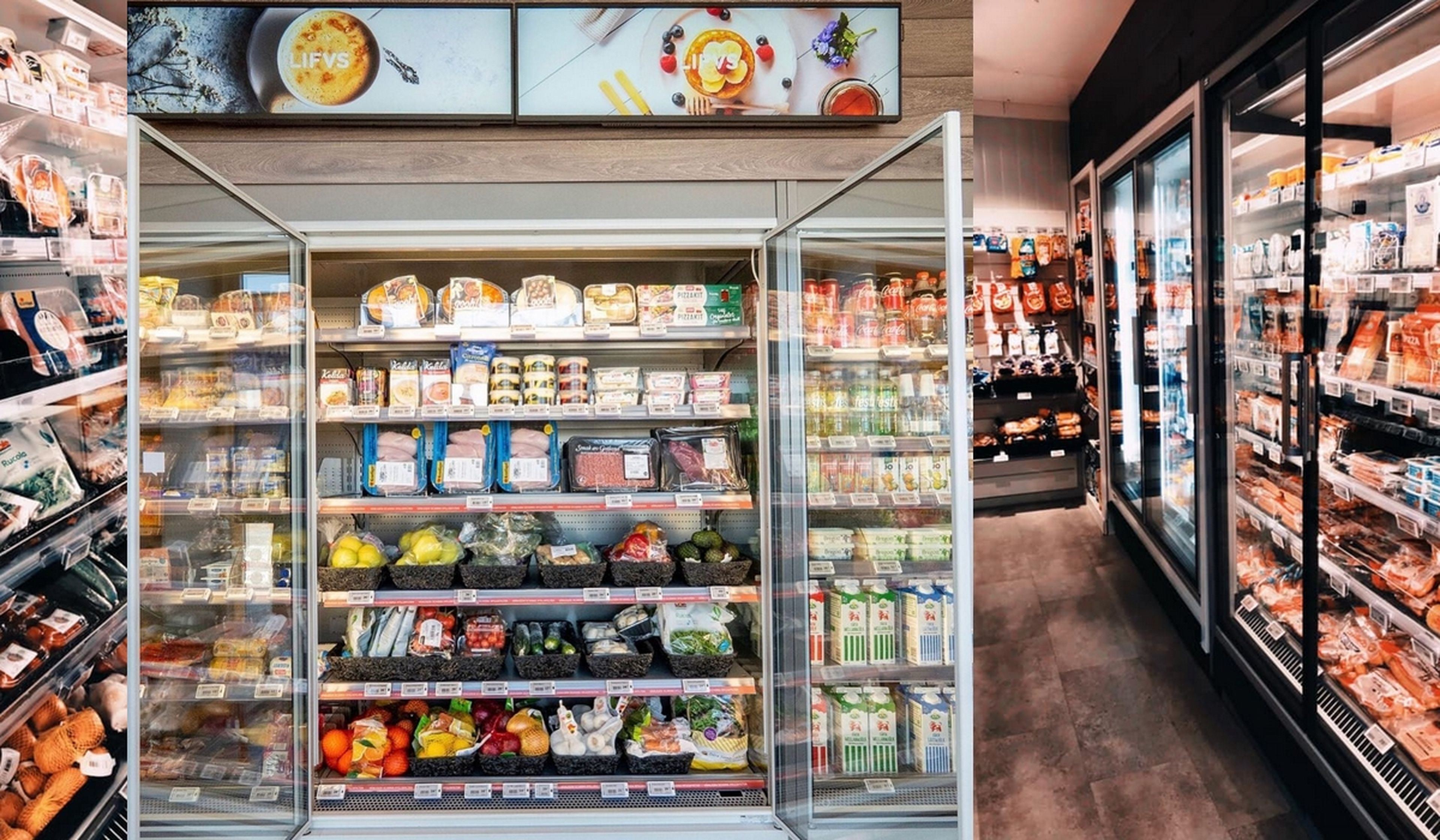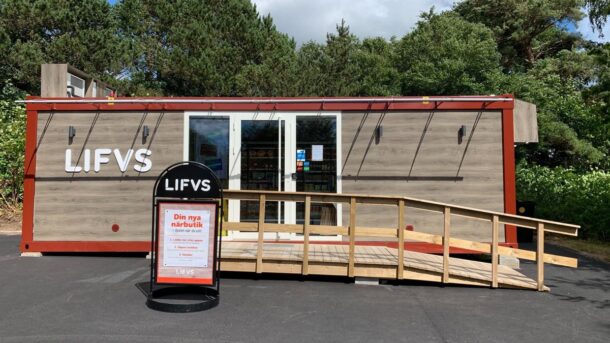[ad_1]
The depopulation of rural areas It is a problem that occurs all over the world, not only in Spain. And it is even more pronounced in Nordic countries with extreme climates, where it is even harder to live in an isolated area.
In many cases, villages have been forcibly abandoned: without shops or basic services, its inhabitants cannot lead a comfortable life. This is what happened in Veckholm, a town of a few hundred inhabitants 80 kilometers from Stockholm. As TechXplore tells us, a decade ago the last grocery store closed, so it was up to the locals to shop at the gas station… which closed last year.
For a few months they had to travel half an hour by car to go buy things as basic as bread to the nearest town. A problem for older people who cannot drive. Luckily his life has changed with the arrival of the shops of the future in rural areas: Mobile containers without clerks or cashiers. How do they work?
The philosophy is very similar to Amazon GO’s employeeless stores. These are large mobile containers that can be moved from one town to another on the trailer of a truck, although they are currently fixed in the towns where they are installed.
These containers do not have employees or cashiers. You can enter by opening the door with an app from the startup that manages them, called LIFVS.
Buyers access the interior of the store and scan the barcode of the products they buy, with the mobile camera. The app is associated with a bank account and the ID of a person, so the people who access the trade are identified. A surveillance camera records what happens inside.
As we can see in this photo, the stores are fully stocked with all kinds of basic necessities:

Customers scan the code of the products they buy, and the app charges directly to your bank account, without the need for dependents or cashiers.
Each store has a manager who replenishes products once or twice a week, but does not stay in the store. This manager oversees the stores in various locations. He is the only employee.
LIFVS has already set up some 30 stores without employees or cashiers in various rural areas of Sweden, and plans to expand to other countries next year.
Would this type of business work in Spain? Here the electronic ID is still not as widespread as in Sweden, and the elderly people who live in the villages are not so used to using the mobile, even less to buy. And those responsible would have to deal with the Spanish picaresque when it comes to scanning the products you buy…
But without a doubt it would be a solution to take into account in unpopulated areas where stores have to reduce costs to a minimum to be profitable.
[ad_2]




